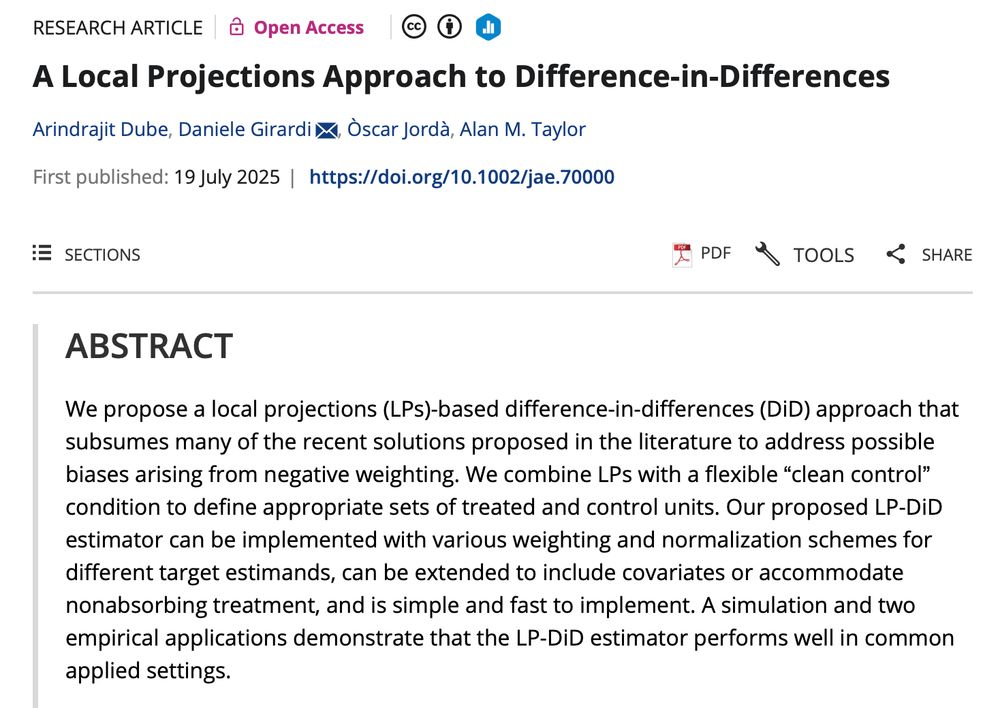









on.ft.com/45SpYOk

on.ft.com/45SpYOk
It's a tool that we think many applied economists will find useful (indeed many already have).
🧵

It's a tool that we think many applied economists will find useful (indeed many already have).
🧵


https://www.ft.com/content/0bf5bcc2-6ff1-4309-afbf-f470250a4721

https://www.ft.com/content/0bf5bcc2-6ff1-4309-afbf-f470250a4721










